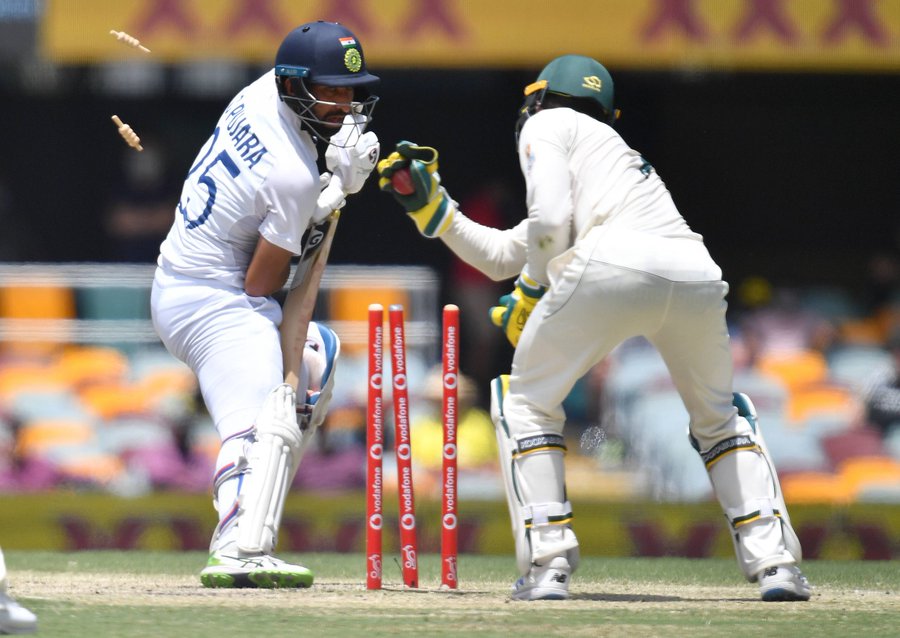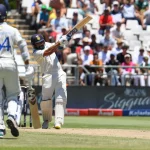
- ICC introduces changes in playing conditions: Umpires will no longer check for caught behind during stumping appeals, focusing solely on the stumping incident.
- Stumping referrals will now display only side-on camera images, preventing TV umpires from checking for potential nicks without a DRS review.
- Amendments also made to the concussion substitute rule, barring a substitute bowler from bowling if the replaced player was suspended from bowling during the concussion.
In a significant move to streamline the decision-making process, the International Cricket Council (ICC) has made noteworthy changes to the playing conditions, effective from December 12, 2023. One of the key amendments revolves around the review process for stumping appeals, altering the dynamics of how umpires approach such situations.
Under the updated rules, umpires will no longer check for caught behind incidents when reviewing stumping appeals. The modification explicitly states that the TV umpire will not scrutinize potential caught-behind scenarios if a stumping appeal is referred by on-field umpires. Even if the wicketkeeper has successfully removed the bails, the TV umpire’s focus during stumping reviews will be solely on the stumping incident.
This change addresses instances, as seen in the series against India early last year, where Australian wicketkeeper Alex Carey’s stumping appeals triggered additional checks for edges by the TV umpire without initiating a Decision Review System (DRS) review. Going forward, stumping referrals will only feature images from the side-on camera, and umpires will refrain from checking for potential nicks.
“The change confines a stumping review to only check for stumped, therefore preventing the fielding team a free review for other modes of dismissal (i.e., caught behind) without choosing a player review,” stated the ICC’s new amendment.
Furthermore, the ICC has made adjustments to the concussion substitute rule. A substitute bowler will now be prohibited from bowling if the replaced player was suspended from bowling at the time of the concussion. Additionally, the time allocated for on-field injury assessments has been limited to four minutes.
These changes signify the ICC’s commitment to enhancing the efficiency and fairness of the decision-making process, ensuring that each review is deliberate and specific. The cricketing community awaits the implementation of these amendments, anticipating a more streamlined and effective approach to the game.


